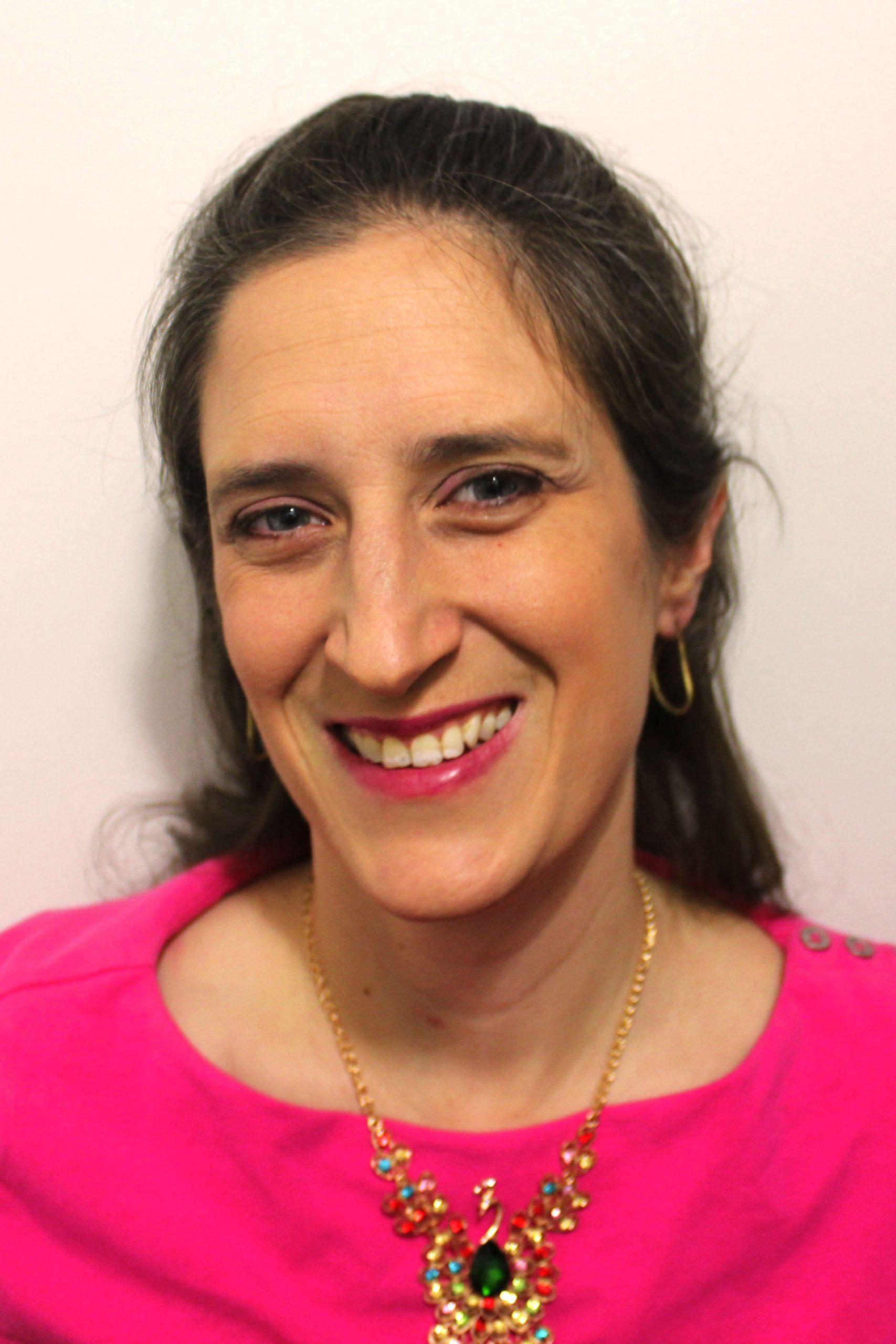Are You Using Toxic Makeup? Avoid These Brands
Many popular makeup and skincare brands labeled “natural” or “clean” still contain toxic ingredients like parabens, lead, and hormone disruptors. This article lists well-known beauty brands to avoid, highlights harmful ingredients, and shares safer alternatives backed by cosmetic safety databases.
We often trust brands marketed as “all-natural,” reaching for them without a second thought. But recent findings reveal that even household names like Burt’s Bees and Maybelline include potentially harmful ingredients in their products, some linked to skin irritation, allergies, or more serious health concerns.
Here’s what to avoid and where to find truly non-toxic alternatives.
Well-Known Brands That Have Toxins
Quick. Name the most reliable, clean, all-natural brand you can think of.
Chances are, you jumped to one of the nation’s most popular “natural” brands, Burt’s Bees. Well, we’ve got news for you: their lipstick tests positive for traces of lead and their soaps and lotions have artificial ingredients that have been shown to disrupt human hormones.
Here’s What To Watch Out For:
A new deep-dive into the beauty and personal care industry reveals a troubling truth: about one-third of the 318,000 ingredients used in these products have no public safety data. Even more concerning, dozens of chemicals flagged as high-risk are still commonly added to everyday items we rely on.
A June 2025 PLOS Global Public Health study from King County and the University of Washington detected astronomical levels of lead, up to 800,000× above Washington’s legal limit, in traditional eyeliners labeled as “lead-free.”
Additionally, a February 2025 EWG/BLK+GRN analysis revealed that nearly 80% of 4,000+ personal care products marketed to Black women contained at least one moderately hazardous ingredient—and only 21% ranked low-hazard.
The ingredients like Phenoxyethanol and lactic acid which Burt’s Bees uses ranks as 4 out of 10 in toxins, meaning they’re not life-threatening, but your skin sure won’t like it. Worse, however, is the fragrance cocktail they use, which ranks as 8 out of 10, making it dangerous. The mixture is known for contributing to allergies, skin irritation, and respiratory disease.
Other well-known brands that make lipstick and other products using lead, parabens, and other toxic ingredients include most of the companies you’ve heard of.
Some brands to watch out for include:
Maybelline, L’Oreal, BH Cosmetics, NARS, Cover Girl, Armani, Amore Pacific, Stargazer, Revlon, Sonia Kashuk, Almay, Almay
Benefit, Chanel, Charlotte Tilbury, Clinique (by Estee Lauder), IT Cosmetics (by Lancome), Jeffree Star, CoverGirl (by Cody), E.L.F., Bobbi Brown (by Estee Lauder)
Essence, Farmasi, Fenty Beauty (by Rhianna), Florence By Mills, Laura Mericer, Huda Beauty, Estee Lauder, Kat VonD, L.A. Girl, L’Bri, Josie Marin Argon Oil, Lancome, M.A.C (by Estee Lauder), Mary Kay
More brands to watch out for:
Maskcara Beauty, Max Factor (by Cody), Make Up For Ever, Milani Amore Cosmetics, Motives, Neutrogena (by Johnson & Johnson), Melaleuca (by the Wellness Company), NuSkin (NOT affiliated with Nu Skin), Nyx (by L’Oreal), The Body Shop, Origins (by Estee Lauder), Signature Minerals
Palladio Beauty, Sugar Rush by Tarte, Pur Cosmetics, Revlon, Salty Girl, Sisly Paris, The Makeup Box, Smash Box (by Estee Lauder), Wet N Wild, Paula’s Choice, Urban Decay (by L’Oreal), Smith and Colt, Stilla, Tarte
Specific Chemicals To Watch Out For
Experts say that you should specifically avoid the ingredients listed below as they cause issues in many ways, from being carcinogenic to dispelling skin irritants.
BHA & BHT, Parfum – aka fragrance, Coal Tar Dyes, Petroleum, Sodium Laureth Sulfate, DEA & related chemicals, Dibutyl Phthalate, Parabens, Siloxanes, PEG Compounds and their contaminants, Triclosan, Formaldehyde releasing preservatives
Brands That Have Tested Safe
The regulations for cosmetics are so lax that it’s pretty hard to know what’s actually all-natural and what’s not. Big Better Days offers a fairly comprehensive guide to understanding toxic versus non-toxic cosmetics to help you through discovering what’s authentically natural and what isn’t.
Even better, the EGW Skin Deep Cosmetics Database offers information on more than 70,000 and more than 21,000 brands. They give the skinny on who’s telling the truth and who’s not when a brand calls themselves “natural.”
Some top-rated non-toxic brands include:
Alima Pure, Juice Beauty, Real Purity, Range Beauty, Marie Hunter Beauty, RMS Beauty, 100% Pure, W3LL People, Vapour Beauty, Hynt Beauty, Makeup Geek, Pacifica, Mented Cosmetics, Au Naturale, Ilia, Kosas, P/Y/T Beauty, Beauty Counter, Gabriel Cosmetics
Skip The Toxins And Use All-Natural Makeup Instead
To make sure that you’re buying all-natural beauty products, do some research and understand which brands have tested clean and which haven’t. Try paying attention to beauty news, and search for locally or handmade natural beauty products at places like Etsy. Don’t forget to check their ingredients list too, though, looking out for those artificial ingredients or vague wordings.
You can also download the Think Dirty App to scan potential purchases to find out exactly what’s in that lipstick or sunscreen before you buy.






